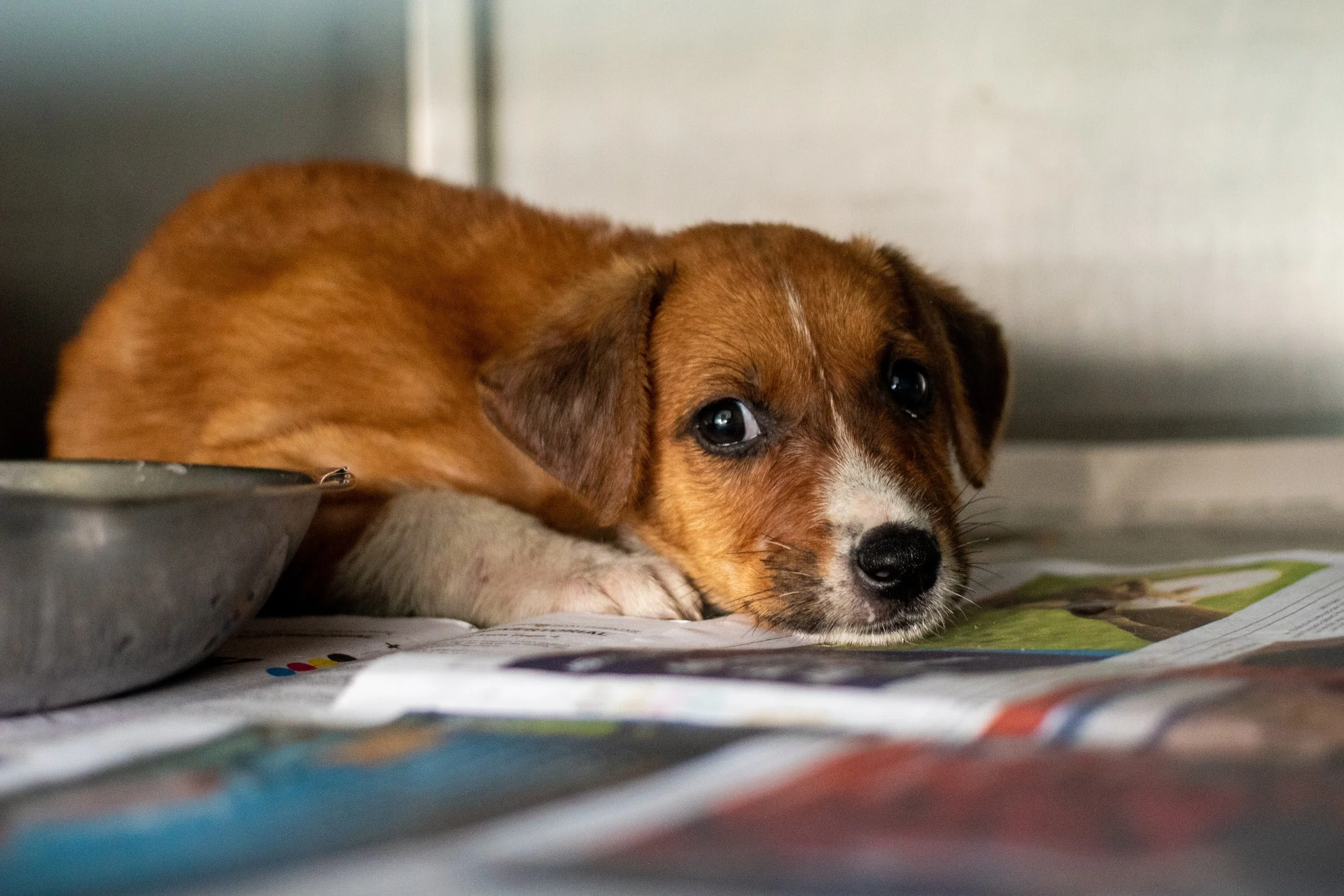Recent animal cruelty court cases have once again shown that the traditional justice system falls well short for both victims and offenders. Felicity Tepper, senior research officer at ANU’s School of Regulation and Global Governance explores how restorative justice could have better outcomes for humans and animals alike.
Read MoreIn today’s post, moderator Dr Rae West @raelene_west discusses the balance between the roles of the NDIS Quality and Safeguarding Commission and Community Visitor schemes in deterring and preventing harm to people with disability utilising funded support services in accommodation settings and homes.
Read MoreIn the Indian Sundarbans, like in many places of the world, the climate crisis is a current reality. In this ‘age of adaptation’, climate change is not a future possibility – it is a present threat. In this post, Annabel Dulhunty (@AnnabelDulhunty) from the Crawford School of Public Policy discusses how Australia needs to convert rhetoric into reality when it comes to climate change, through meaningful emission reduction and increased aid for communities most impacted.
Read MoreMarch and April of this year saw a spate of stories about animal cruelty reported across Australian news media. In today’s article, Serrin Rutledge-Prior (@serrinrp) from the Crawford School of Public Policy reviews prosecutions brought under animal welfare legislation across Australia, arguing that the treatment of non-human animals under Australian law is both inconsistent and insufficient in terms of delivering justice to victims of neglect and abuse.
Read MoreAs the inquiry into Robodebt reveals the depth of Australia’s shame over its treatment of welfare recipients, Dr Tjanara Goreng Goreng, Wakka Wakka Wulli Wulli woman, academic, unionist, former public servant and proud grandmother, answers the question: ‘What opportunities and challenges does a universal basic income (UBI) present for Aboriginal and Torres Strait Islander peoples and communities?
Read MoreAboriginal academic Dr Sharynne Hamilton describes how her research co-partnership with Elders in the Perth Aboriginal community has lead to a clear path of action to achieve justice in child protection grounded in respect, and commnunity control.
Read MoreToday’s post is from Megan Beatrice (@megbeatrice), who is pursuing her PhD in Law at RMIT. Using the lens of intersectionality, Megan urges us to go beyond bail reform and think about how we can address the deep colonial practices embedded within the criminal justice system.
Read MoreIn the wake of the budget, the Antipoverty Centre asked people on Centrelink payments – the real social policy experts – for their reactions. A contributor shared how he and other carers performing unpaid labour save the government money, and another describes the devastating impact of the failure to raise the JobSeeker rate on welfare recipients.
Read MoreIn the wake of the budget, the Antipoverty Centre asked people on Centrelink payments – the real social policy experts – for their reactions. One said “This budget is democide. This is social murder. They cannot claim ignorance of the deaths that keeping the welfare rate below the poverty line will cause. A number of them have even said during parliament that the rate is far too low to survive on, but when it comes time to change it they chose not to.
Read MoreAfter the 2022 Federal Government budget, The Antipoverty Centre asked people on Centrelink payments – the real social policy experts – for their reactions. One example: “This budget is an exercise in austerity & cruelty for the poorest, most vulnerable Australians, but for the wealthiest Australians it's an exercise in government handouts.’
Read MoreAeryn Brown is a JobSeeker recipient from Tasmania. They authored the below open letter to social security minister Amanda Rishworth as part of the Break the Poverty Machine week of action, which will be held to mark the International Day to Eradicate Poverty on 17 October – one week ahead of the federal budget. People on low incomes and supporters can get more information and register to participate in the #BTPM protest (either online or in person in Adelaide) here: btpm2022.eventbrite.com.au
Read MoreMarina is one of nearly 900 000 Australians who are either unemployed or underemployed and who receive either Jobseeker Payment or Youth Allowance. This open letter is to Amanda Rishworth, Minister for Social Services in preparation for an upcoming “raise the rate” protest hosted by the Anti-Poverty Centre and the Australian Unemployed Workers’ Union on International Day for the Eradication of Poverty.
Read MoreMarcella Brassett from Democracy in Colour argues the national anti-racism strategy cannot be just another tick-a-box, saying “Black, Indigenous and People of Colour (BIPOC) have done our bit for diversity and inclusion ‘way out’ for white people with power. We need to act on every level to make Australia a safe place to live, work, build families and futures for everyone, not just Anglos.”
Read MoreSince Australia’s National Disability Insurance Scheme was created nearly ten years ago, its roll out has been closely scrutinised by governments, policymakers, researchers, and advocates. Dr Sue Olney, Dr Amber Mills and Liam Fallon discuss their research into how working-age people with disability without NDIS funding are faring. Their findings reveal a huge gap between talk and action on disability inclusion.
Read MoreSick of watching organisations and communities attempt to patch up the gaps in settlement services, Sandra Elhelw Wright, CEO of the Settlement Council of Australia (SCOA), argues for a bold new vision for multicultural Australia.
Read More


![The Prevention model of Community Visitors [excerpts from 2020-21 Victorian Community Visitor Annual Report]](https://images.squarespace-cdn.com/content/v1/56b068bcf8baf3fe2ec88413/1683161987064-MEU20LCA3E8RRTMJM37U/OPA%2BPicture1.jpg)

















